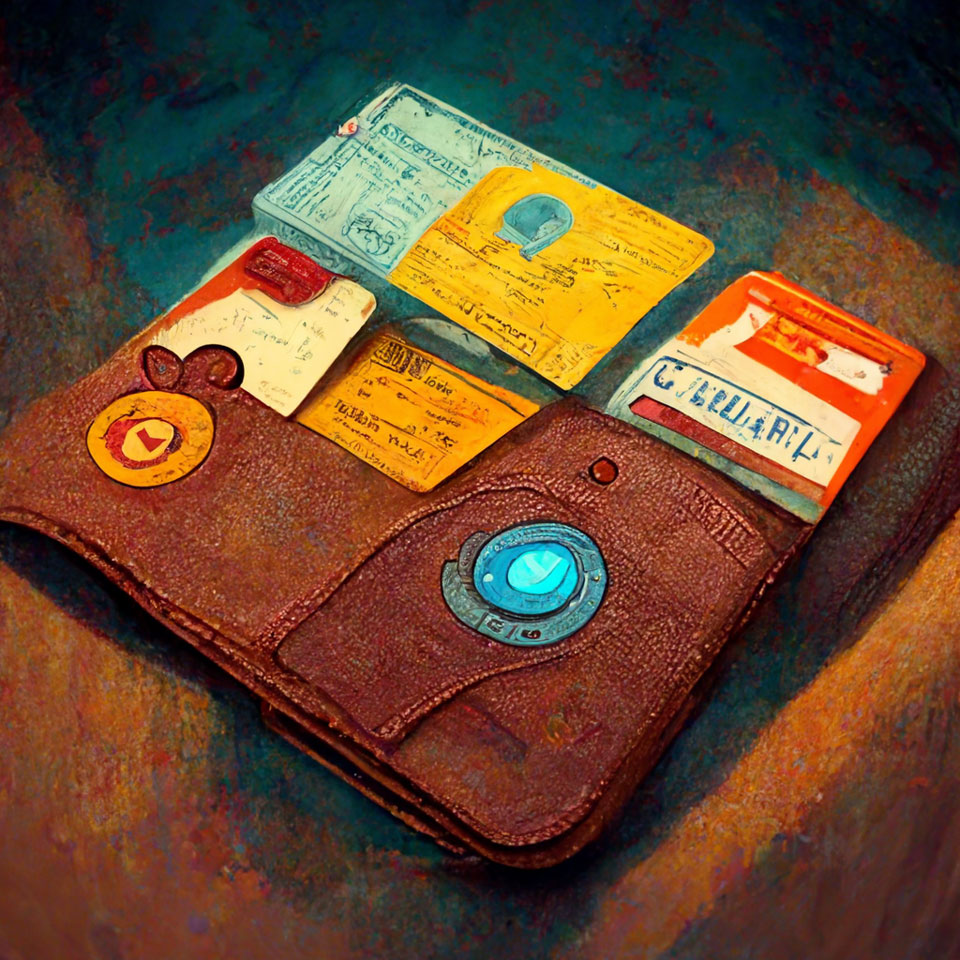Investing in cryptocurrency can be rewarding and lucrative, even for the average investor. But it can also be high-risk and perilous. Take the time to play it safe when starting out with investing in cryptocurrency.
1) Understand the market.
Before you can begin to invest, it is important to do your research on what kind of crypto asset you are going to buy. The market can be divided into two groups — cryptocurrencies that are based on existing cryptocurrencies like Bitcoin (BTC), or ones that are not. The ones based on existing cryptocurrencies are usually referred to as cryptocurrencies, while those that are not are called altcoins. Understanding the difference between them is important because they have different market dynamics. Cryptocurrencies based on existing cryptocurrencies tend to have a higher trading volume since more people hold them. Cryptocurrencies that are not based on existing cryptocurrencies are usually traded by the developers of these cryptocurrencies, which means their prices are not necessarily representative of what people want or are willing to pay for them. This makes these currencies riskier to invest in.
2) Make sure you do your research before making any purchases.
Buying cryptocurrency should not be done without proper research. Make sure that you understand the basics about how the cryptocurrency works, such as its purpose, the use cases, and any partnerships that have been signed up so far. This will give you a better idea of what kind of return you can expect on your investment. Look for other investors’ reviews of the cryptocurrency as well so you can get an idea of how credible it is. If there is already a big demand for the cryptocurrency, this will also give you an idea of how much of a profit you can expect to make.
3) Always use secure wallets.
Cryptocurrency wallets can be quite complex. While it is true that many wallets have been created to be user-friendly, there are still a lot of users who are not very tech-savvy. Make sure that you always use a wallet that has been created with security in mind, whether that is a software wallet or an offline wallet. It is important to remember that crypto assets are stored online and are prone to cyber attacks that can cause them to lose their value, so make sure to protect your funds accordingly.

4) Make sure that you are only investing what you can afford to lose.
Investing in cryptocurrency can be risky, so make sure to do your research and only put what you can afford to lose in your investment.
Enjoying safety and security online
Like most of us, I enjoy shopping online and I love it when my favorite brands send me personalized messages to keep me engaged and informed about new products. But there is one thing I don’t like about the current digital retail model – the lack of privacy and security. I don’t know how many times I have scrolled past pop-up ads asking me to accept cookies, just so I can use the platform and buy the product I came for. And I have been taken advantage of too, sometimes buying something at a cheaper price just because they were running a discount or free shipping deal.
Privacy and security are two things we take for granted when using our credit cards. We expect the payment system to protect our card information, and we trust that if we get hacked, our financial institutions will compensate us for the losses. When it comes to online shopping, however, we have neither of these protections. We don’t know where our data goes or how it is being used.
But this may change. Thanks to the introduction of blockchain technology and cryptocurrencies like Bitcoin, we may soon be able to buy and sell goods online in a way that is much more secure and private than the existing systems. Cryptocurrency is the underlying technology powering Bitcoin, and it uses cryptography to generate unique digital assets that cannot be duplicated. Unlike traditional currencies like dollars, which are issued by a centralized organization like the Federal Reserve Bank, digital currencies are decentralized. That means there is no single company or authority that controls them.
This technology has a number of applications, including online payments. Bitcoin, for example, was developed as an alternative payment method, which can be used to make purchases without the need to give out any financial or personal details, and with greater security against fraud and hacking. However, it also has a range of other potential uses, including storing files securely, creating unique IDs for digital files and content, and enabling the sharing of digital files.
Can cryptocurrency be tracked?
Cryptocurrency transactions are publicly available on the blockchain, so anyone can track them. This can help to identify where bitcoins go and who buys them.
For instance, you can follow the transactions from your own wallet to see how much you spend on a weekly basis. However, tracking someone else’s transactions can be harder. You may be able to see where money came from and where it went to, but you wouldn’t know who received it or what they did with it.
The same is true for the contents of the wallet, which means that it is possible to track the transaction history of someone’s cryptocurrency wallet. But again, it is difficult to identify the sender or recipient.
This is why some people choose to use privacy coins to further mask their identities. Privacy coins offer additional privacy features by obfuscating who is sending or receiving the transaction or making the payment, and therefore who owns what coins at any given time.
Bitcoin does have privacy features, such as replacing the addresses of transactions with random numbers called ‘ Bitcoin Addresses ‘. However, the privacy of these addresses can easily be compromised through analysis of network data.
One of the main reasons people seek privacy is that they want to remain anonymous or unidentifiable when making a transaction. In recent years, several cryptocurrencies have been created to allow for transactions without revealing personal details. These coins include Zcash, Monero, Dash and Bitcoin Private.
Can cryptocurrency be hacked?
Yes, cryptocurrency can be hacked. The blockchain is a digital ledger of all cryptocurrency transactions that are stored on a series of computers across the globe. Hackers have managed to steal cryptocurrencies in the past, as well as create fake websites that steal your details and passwords from you. If you store your wallet online, it is important that you take every precaution possible to keep it safe.
Bitcoin is particularly vulnerable since its ledger is so public. As long as you have access to the blockchain, you can find your wallet address and details, as well as find out who owns the wallet and when the last transaction occurred. It can also be very easy to track the wallet and transactions made from it by analyzing network data, as discussed above.
The best way to keep your wallet safe is to use a hardware wallet. This is an offline device that stores your wallet and its private keys, keeping it away from hackers. They are not connected to the internet and therefore cannot be accessed remotely. The keys are encrypted and stored in a tamper-proof environment, meaning they are very difficult to hack even if someone gains access to your wallet.
In Conclusion…
As you can see from this article, investing in cryptocurrency can be a great way for you to make money in the digital age, but it is important to remember that this investment comes with risks and rewards. Before investing, it is important that you do your research to find out what kind of cryptocurrency would be best for you and your personal situation.
